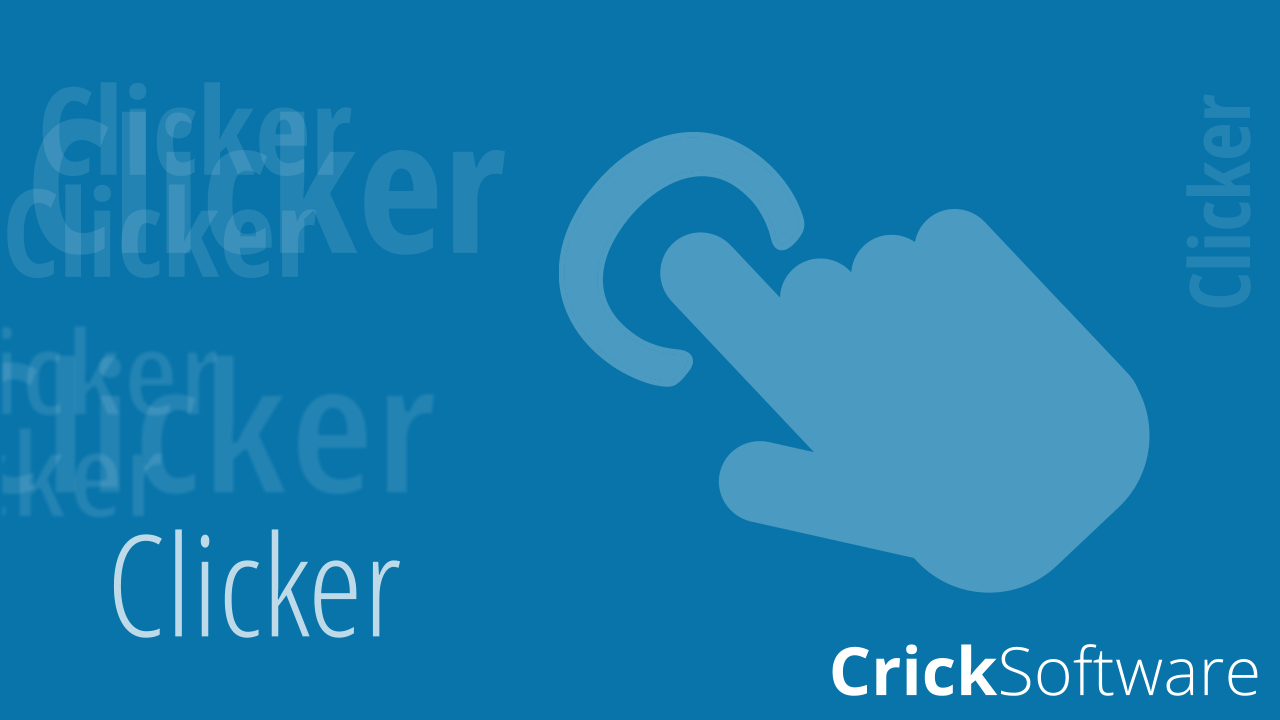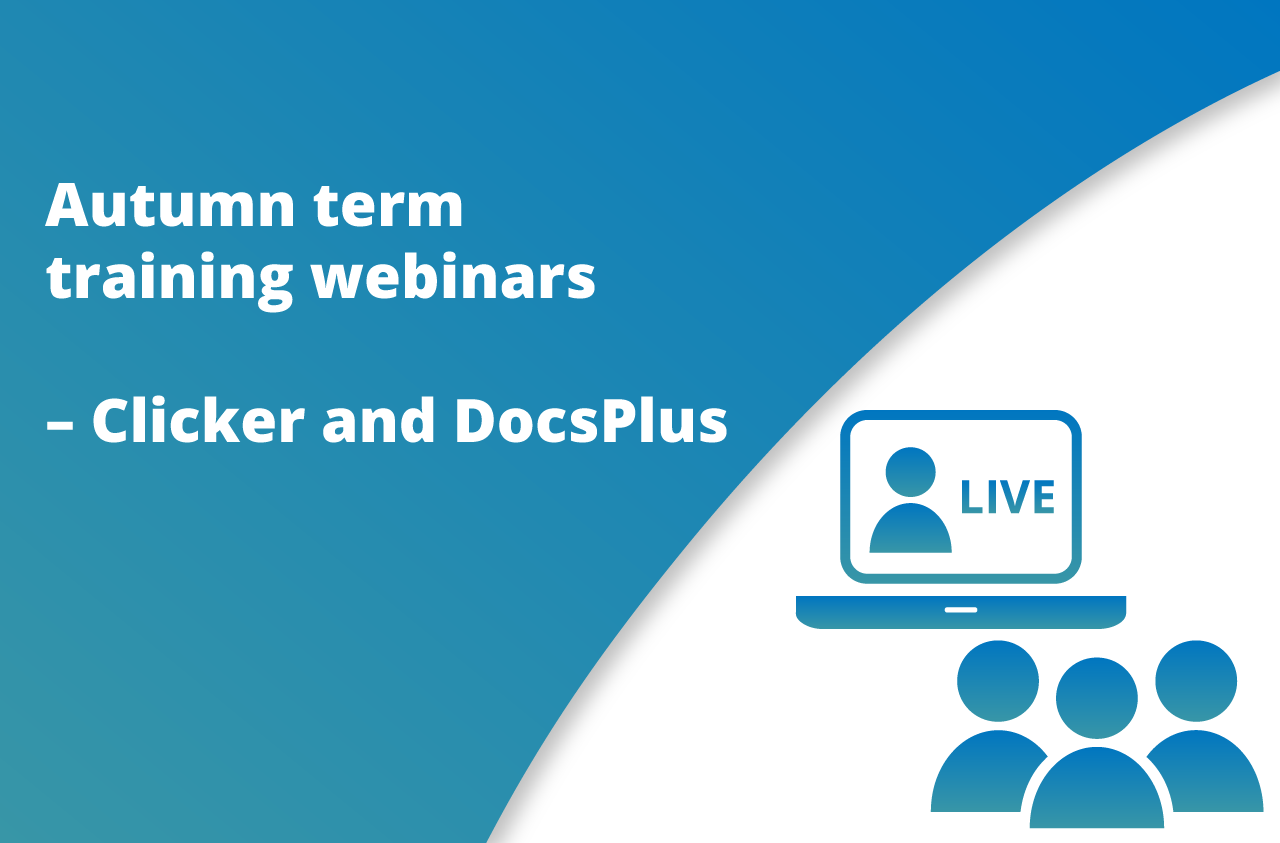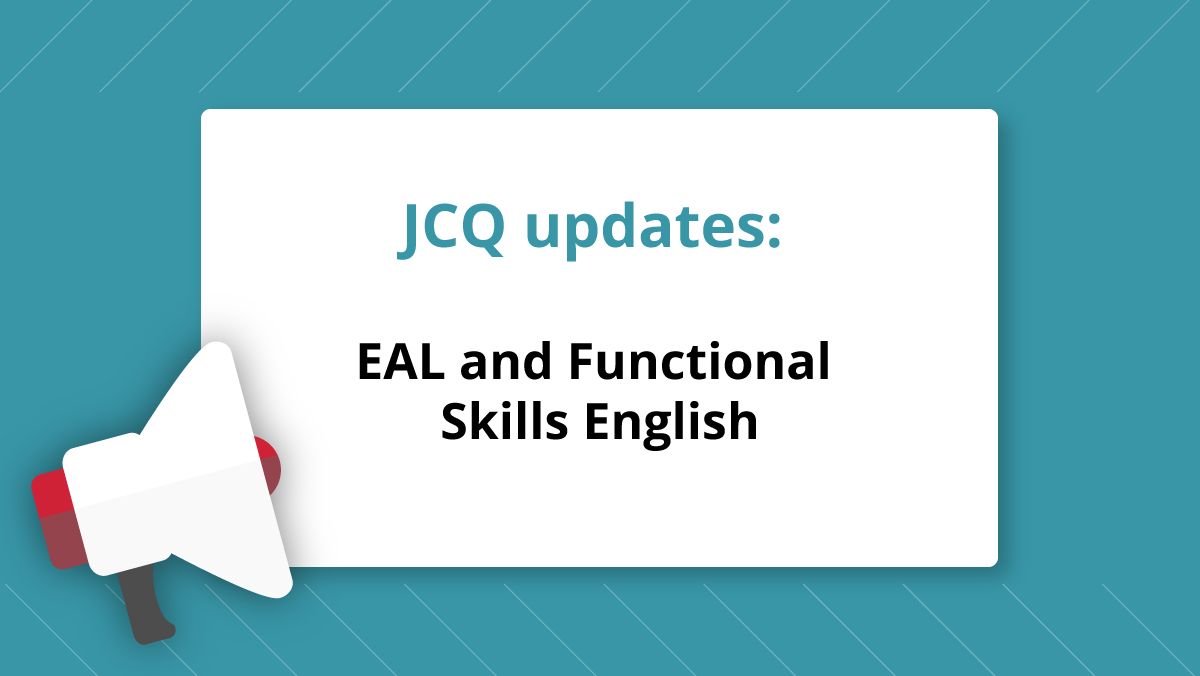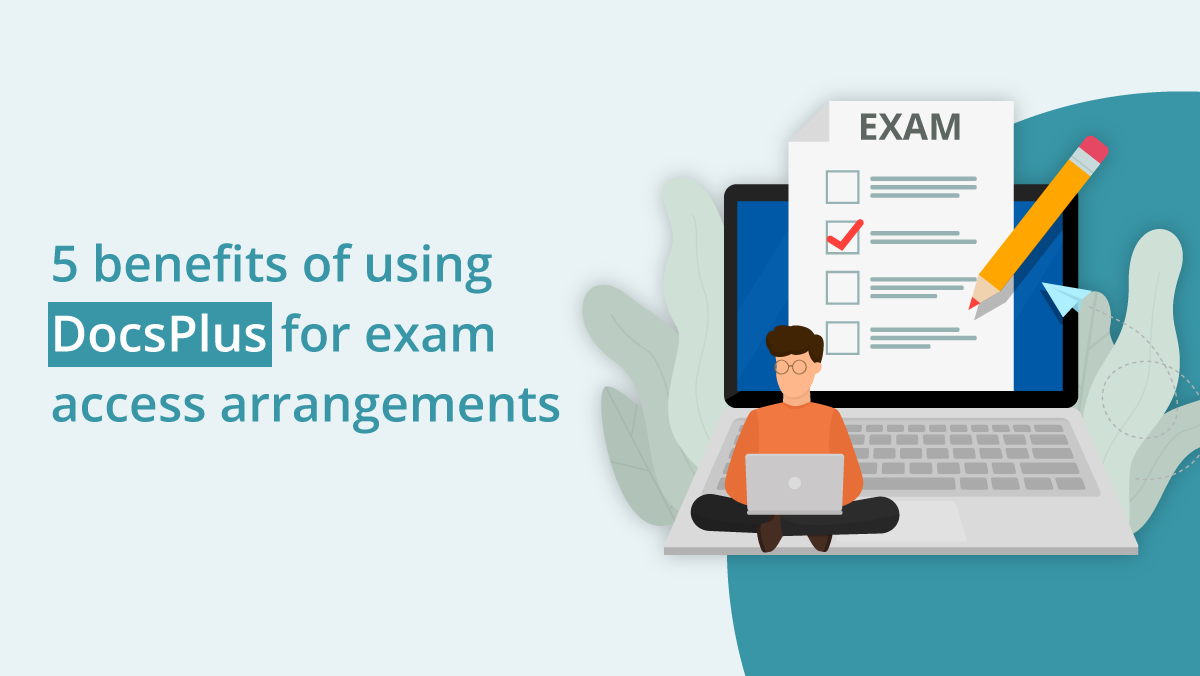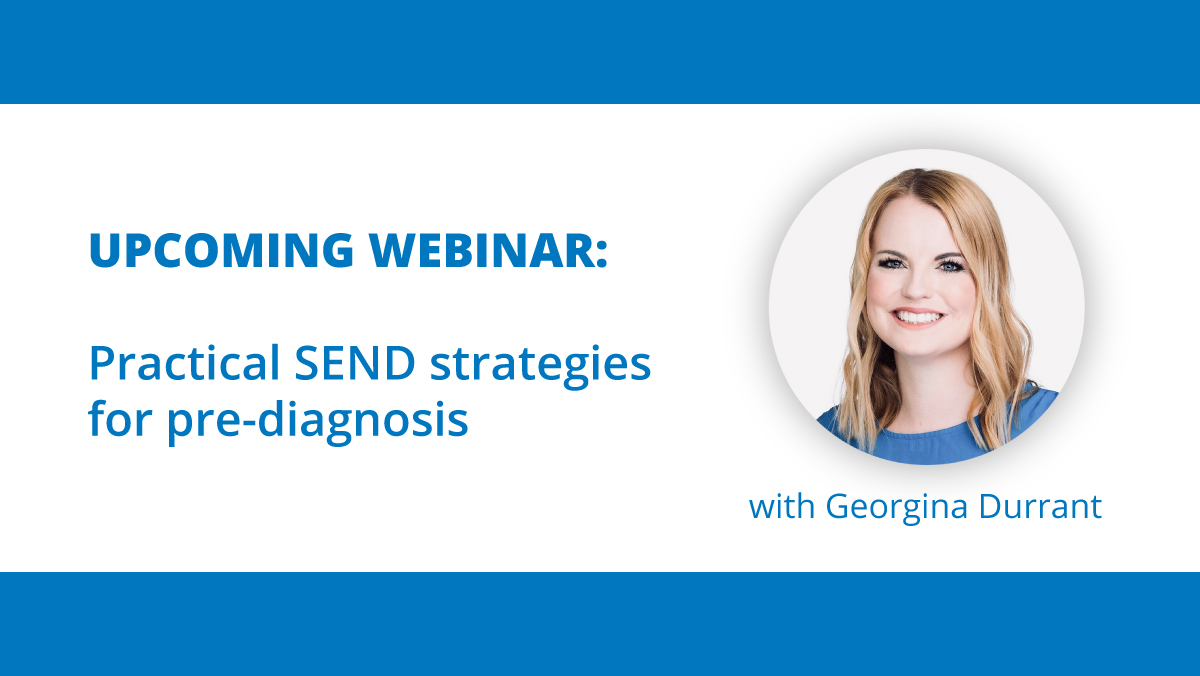Flipped learning is by no means a new concept, but the technique has certainly seen a revival due to the Coronavirus pandemic and an increase in remote learning. For those new to this idea, flipped learning is an approach whereby traditional teaching methods – exposing children to new material or ideas in the classroom, then consolidating knowledge outside the classroom with homework – are quite literally ‘flipped’! So, children learn new content at home, and then use classroom time for further practice, consolidation and extension.
The benefit of this approach is that the children can really take their time at home, learning the essentials about the new content, and then come to school ready with background knowledge and further questions about the topic. The classroom becomes the place for active and deeper learning, as children explore questions and resolve any misunderstandings through collaborative interaction with their peers and teachers.
Here at Crick, we think that Clicker is a fantastic platform for delivering accessible and engaging content to acquire initial knowledge outside of the classroom in this flipped learning approach. Let’s take a look at two examples to highlight how this might work for you.
Children learning about the water cycle as part of their geography studies could read our Clicker Book on the topic at home. With built-in reading support, the text is accessible to all readers. They can read independently – or even share the book with parents or carers at home, who therefore increase their own understanding and confidence in supporting their child’s home learning. Children are in control when they are learning this way – they can read and re-read the text as much as they need to and pause to really reflect on and absorb what they have read. This gives you more time as the teacher to actively support and extend the children’s learning after their reading. Get them to use the Talk Set to explain the process they have learned about, or demonstrate their understanding by writing about the stages of the water cycle using word bank support.
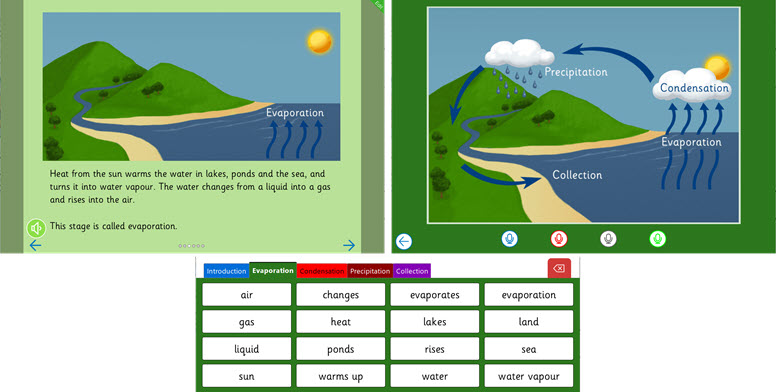
There are so many topics covered on LearningGrids that you’re sure to find something to engage your pupils in this flipped classroom learning approach. You may even want to take on bigger topics – take a look at our collection of Find Out and Write About titles. As these titles are split into smaller sub-topics, you might even get children to focus on different aspects of the topic – for example, in your Ancient Egyptians topic, one child reads about farming, another about pyramids, another about gods and pharaohs.
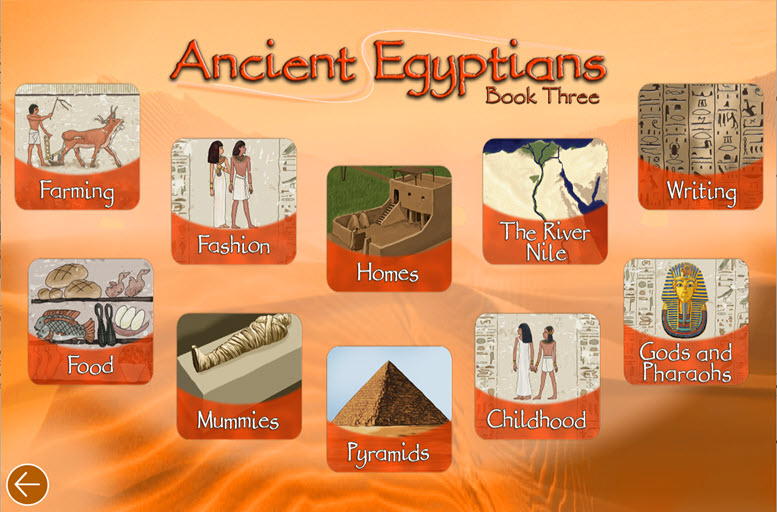
What a great way to get children fired up about and really engaging with their learning. It’s in their hands, which hopefully means they are full of enthusiasm and bursting with excitement to share their learning and questions when they are back with the group!

